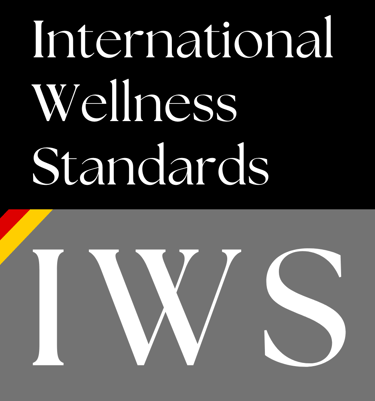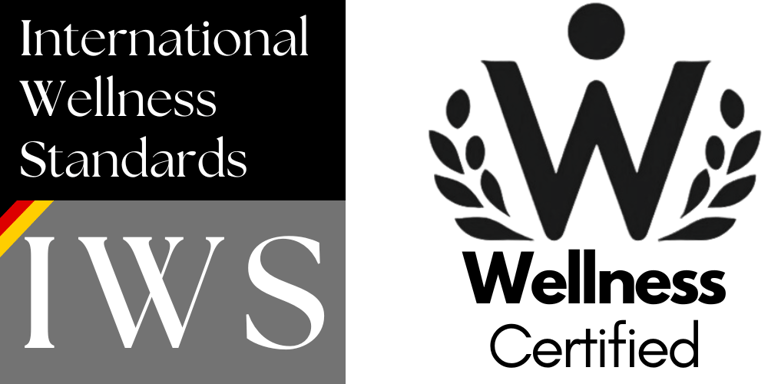
Más allá del lavado de imagen ecológico: el auge de las certificaciones tangibles de bienestar
En una era en la que el "bienestar" se ha convertido en una palabra de moda omnipresente, separar las iniciativas genuinas de bienestar de las tonterías de marketing puede parecer como navegar en una densa niebla. Estamos bombardeados con productos, servicios y destinos que afirman mejorar nuestra salud y felicidad, pero ¿cómo podemos discernir realmente qué cumple sus promesas? Entra en escena una innovación: un conjunto de certificaciones innovadoras de Wellness Certified, diseñadas para dejar de lado el ruido y establecer estándares tangibles para la industria del bienestar. Esta publicación del blog profundiza en estas certificaciones revolucionarias, explorando cómo están transformando el panorama y empoderando a los consumidores para que tomen decisiones informadas en su búsqueda del bienestar.
QUALITY
3/7/20253 min leer
Beyond Greenwashing: The Rise of Tangible Wellness Certifications
The wellness industry, a booming behemoth, is unfortunately plagued by vague claims and unsubstantiated promises. In a world saturated with "wellness" labels, discerning consumers are demanding genuine, measurable standards. Enter Wellness Certified, an organization pioneering a suite of innovative certifications that are reshaping the landscape and bringing much-needed clarity.
Instead of relying on nebulous buzzwords, Wellness Certified has created a framework that provides tangible validation, empowering both consumers and businesses to navigate the complex world of well-being with confidence. Let's delve into their unique certification categories and why they matter:
1. Wellness Category Certification:
What it is: This certification focuses on specific product or service categories, establishing clear and consistent standards for what constitutes "wellness" within that niche. Think of it as a quality benchmark for everything from skincare to fitness programs.
Why it's important: It eliminates ambiguity and allows consumers to easily identify products and services that genuinely align with their wellness goals, fostering trust and transparency.
2. Wellness Certified Product:
What it is: This certification applies to individual products, verifying their adherence to rigorous wellness criteria. This goes beyond simply labeling something "natural" or "organic," delving into ingredients, manufacturing processes, and overall impact on well-being.
Why it's important: In a market flooded with misleading claims, this certification provides concrete assurance that a product meets established wellness standards, empowering informed purchasing decisions.
3. Wellness Destinations, Towns, and Cities:
What they are: These certifications extend the concept of wellness beyond individual products and services, recognizing entire destinations, towns, and cities that prioritize well-being. This involves evaluating factors like access to green spaces, healthy food options, community initiatives, and overall environmental quality.
Why they're important: They encourage the development of environments that actively support well-being, promoting healthier lifestyles and fostering a sense of community. Imagine traveling to a "Wellness Destination" knowing that every aspect of your experience is designed to enhance your well-being. This also creates a new form of sustainable tourism.
4. Wellness Distinctive:
What it is: This certification highlights unique and innovative approaches to wellness, recognizing businesses and initiatives that are pushing the boundaries of well-being. It celebrates originality and excellence in the field.
Why it's important: It encourages creativity and innovation within the wellness industry, fostering the development of new and effective approaches to well-being.
5. Wellness Quality:
What it is: This certification focuses on the overall quality and effectiveness of wellness programs and services. It evaluates factors like practitioner qualifications, program design, and measurable outcomes.
Why it's important: It ensures that consumers are receiving high-quality wellness experiences that deliver tangible results, promoting accountability and professionalism within the industry.
The Importance in Today's Wellness Industry:
Combating Greenwashing: These certifications provide a much-needed antidote to greenwashing, offering verifiable standards that consumers can trust.
Promoting Transparency: They foster transparency by clearly outlining the criteria for wellness, empowering consumers to make informed choices.
Driving Innovation: They encourage innovation by recognizing and rewarding businesses and initiatives that are pushing the boundaries of well-being.
Enhancing Consumer Trust: They build trust by providing concrete evidence of a product or service's commitment to wellness.
Creating Healthier Communities: The certifications for destinations, towns, and cities are contributing to the development of healthier, more sustainable communities.
Setting Industry Standards: By establishing clear and consistent standards, Wellness Certified is helping to elevate the entire wellness industry.
In a world where wellness is increasingly prioritized, these certifications are playing a crucial role in ensuring that consumers are getting what they pay for. They represent a significant step towards a more transparent, accountable, and effective wellness industry. As the demand for genuine well-being solutions continues to grow, Wellness Certified's innovative framework is poised to become an essential tool for both consumers and businesses alike.


Destacados
Garantizamos la excelencia en los estándares de bienestar.
info@wellnesscertified.org
© 2024. All rights reserved.




